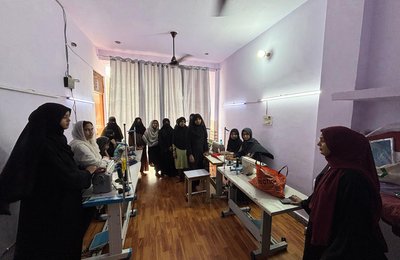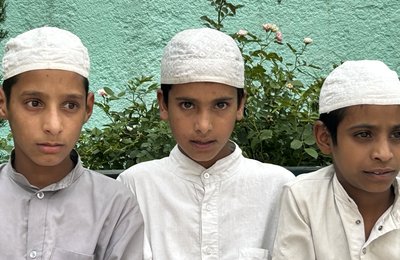Preventing violent extremism means addressing the root causes of violence to find peaceful solutions that are inclusive and sustainable.
Around the world, poverty, discrimination, and inequalities exacerbate perceptions of exclusion and injustice. These can create the right conditions for violent ideologies to spread, for the recruitment to violence and for hate to take hold of individuals or communities. These factors hamper peace, development and cohesion, sometimes for generations.
Even though young people are joining violent extremist groups more than any other age group, evidence shows that the majority of young people do not participate in violence. Instead, they represent a significant hope for peace and play a positive role in building and sustaining it. Engaging civil society and especially young people, women and religious groups is crucial to tackle the root causes of violence.
Often when we think of violent extremism we think of those who have been drawn into it, or of those who have been victim to its violence. However it is vital to also recognise and support those who have risen to confront it, non-violently. Those who risk their lives every day to build peace. Those who support young people to turn away from militant groups and extremist narratives, and who work tirelessly to keep hate speech and intolerance at bay.





